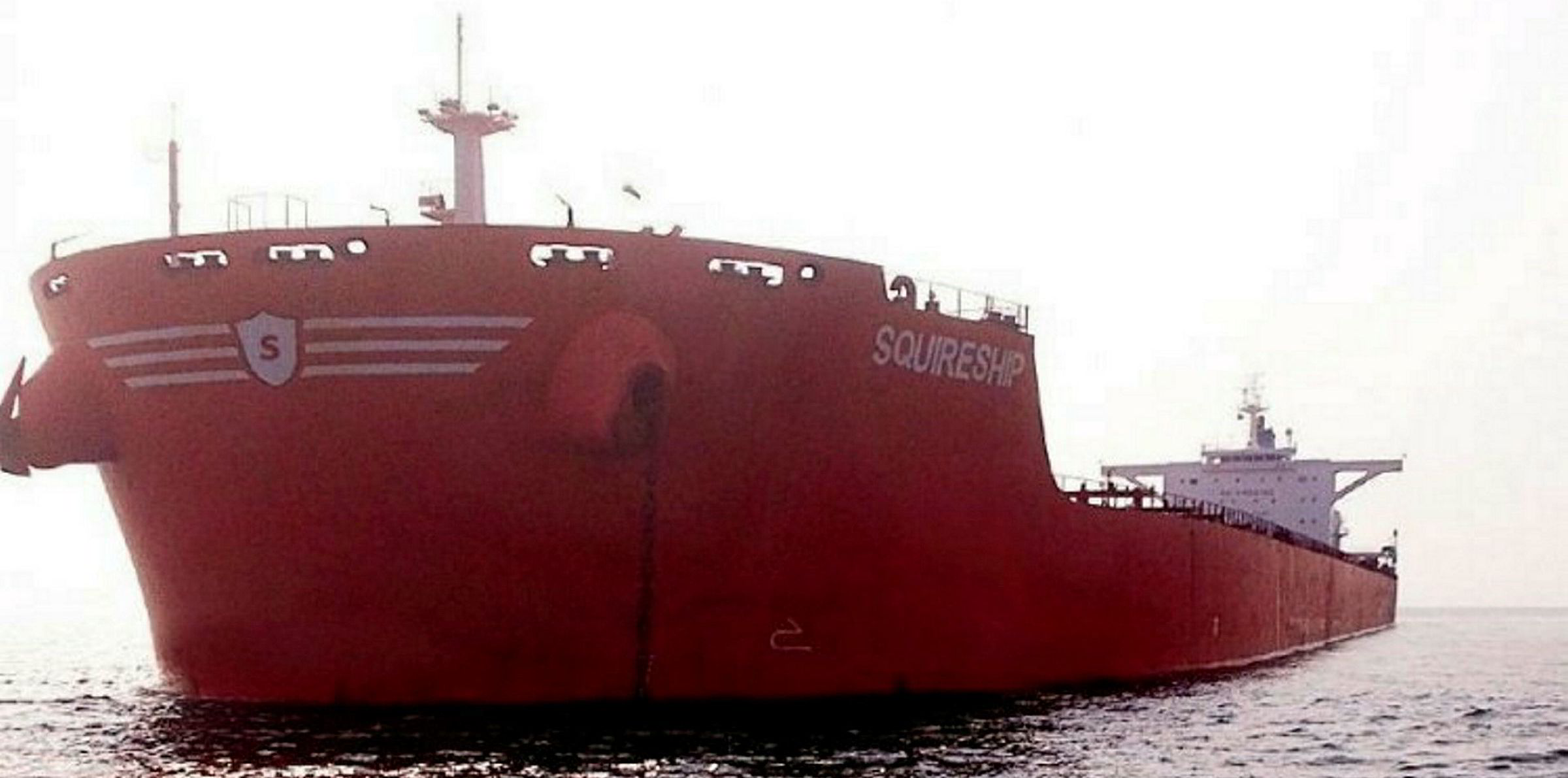Seanergy Maritime Holdings, a US-listed owner of ten capesize vessels, said on Thursday it expects the dry bulk market to climb up from its lows after the first quarter.
“Looking beyond the current weakness, we envisage 2020 to be a positive year,” chief executive Stamatis Tsantanis said in Seanergy’s 2019 fourth-quarter and full-year earnings.
Brazilian mining giant Vale has guided for higher year-on-year iron ore exports, Tsantanis argued. Also, Chinese steel production should grow by an average 7% this year after compensating for a weak first quarter, boosted by real estate and infrastructure projects, he added.
Not all shipping players share that optimism, at least publicly. Speaking earlier this week, fellow Greek owner Angeliki Frangou said market visibility was too low to make any meaningful predictions about the dry bulk market this year.
However, on 12 February shipping dry bulk stocks recovered after Vale maintained its full-year guidance for exports, despite heavy rain expected for the first quarter. That implied that shipments will ramp up over the rest of the year.
Seanergy reported a net loss of $11.7m in 2019, down from a $21.1m loss in the previous year. Net revenue shrank by 5.5% to $86.5m in 2019 as the company underwent a “particularly heavy dry-docking schedule” of 233 repair days, versus just 13 days in 2018.
“We expect to see minimal such disruptions in 2020, which will further improve cash generation and profitability,” Tsantanis said.
Seanergy saw some of its ships out of action last year, when dry bulk freight rates fared much better than they do now. This was because the company was completing a scrubber installation programme for half its fleet. The five ships in question are now on long-term, BCI-index-linked charters.
Tsantanis said the Baltic Exchange has done a poor job so far at adjusting its indices to the new IMO 2020 fuel regime. As a result, the indices are currently "aggressively mispriced", he told analysts in a conference call.
"As the fuel spread is now reducing and the Baltic said they will re-examine their assessment, we should expect the mispricing to decrease," Tsantanis said in the call.
Seanergy's remaining five ships, which burn IMO 2020-compliant marine gas oil, are all employed in the spot market.
The Claudia Restis-controlled company also said it received an additional six-month extension to regain compliance with Nasdaq’s minimum bid price requirement. Its new deadline to do so expires in mid-July.
This article was updated after initial publication to include statements made by management in a conference call with analysts






